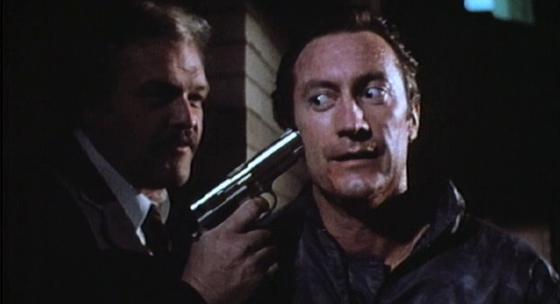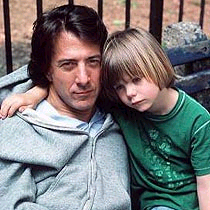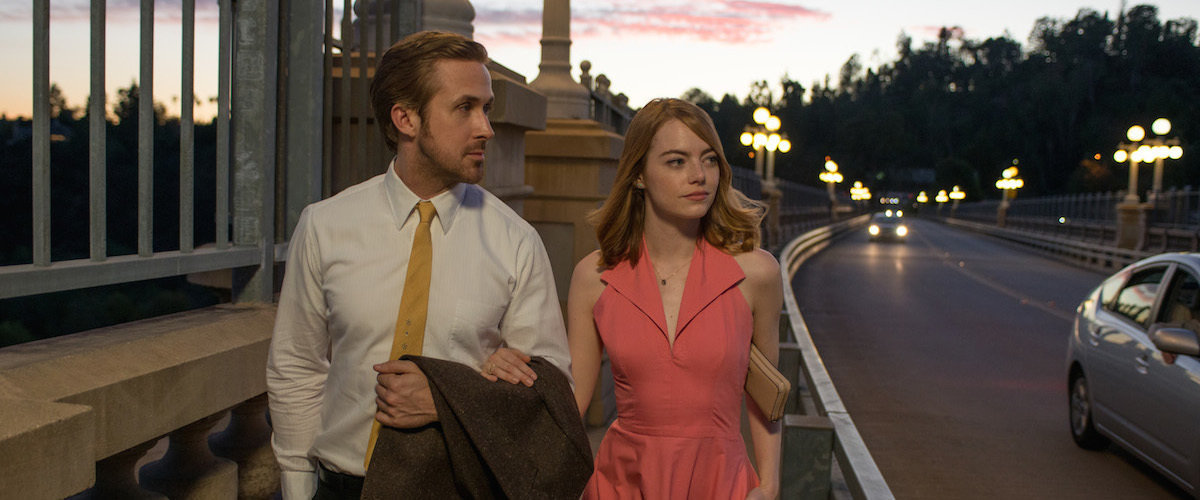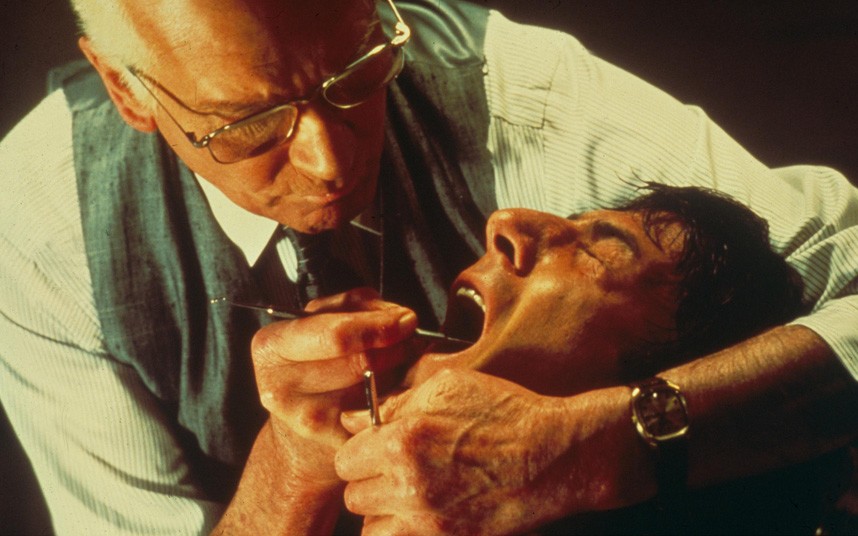
Directed by: Tate Taylor
Starring: Emily Blunt, Haley Bennett, Rebecca Ferguson, Justin Theroux, Allison Janney, Lisa Kudrow, Luke Evans
Rachel travels to and from Manhattan each day. The train speeds by Rachel's old neighborhood, so Rachel can obsess over the life she used to have. Rachel is also soused to the point of blackout more often than not, courtesy of wounds caused by her failed marriage and her inability to have children. She is a mess, as are most of the people in The Girl on the Train, a glum thriller with people who are all in different stages of self-destruction. There is supposed to be a link between the three female characters because they were all, in one form or another, victims of the same man. And there is also a murder mystery at the heart of the film, which doesn't take long to figure out.
Rachel's life has been in shambles in the two years since her divorce from Tom (Theroux), who left her for Amy (Ferguson), with whom he was having an affair. Rachel and Tom could not conceive, although I sincerely doubt Tom needed any extra motivation to have an affair. Tom is now married to Amy and they have a child together. This leads to Rachel kicking her stalking into high gear. She seemingly calls Tom at all hours of the day and drops by her old house to look around whether someone is home or not. The drinking sure doesn't help.
There is another woman in the mix, Amy and Tom's nanny Megan (Bennett), who lives two doors down and is also observed by Rachel as the train flies by. Megan is usually on her patio engaging in PDA with her husband, but one day Megan is holding a bearded man and this sets the rest of the film's events in motion. Megan soon goes missing and Rachel is a suspect, because she may or may not have been following Megan down a dark tunnel at the time of her disappearance. Rachel also wakes up battered, bruised, and covered in blood. Not a good look.
The movie then tells its tale in flashbacks dated "4 months ago", "2 months ago," etc. We know very well there is more to everything than meets the eye. A psychiatrist (Ramirez) plays a part in the events as well, mostly because he stays on just this side of the ethical line between doctor and patient. If he doesn't lose his license soon, he soon will. There are also flashbacks involving Megan having sex with someone whom the camera obscures, so we know very well the person's identity is being concealed for a reason.
One of the big issues with The Girl on the Train is its lack of sympathetic characters. Rachel is the closest thing to a protagonist, but she is an alcoholic quasi-stalker/potential baby kidnapper, so even as she is trying to piece Megan's disappearance together to prove her innocence, we don't really feel for her plight. Rachel's troubles are piled on so heavily that there is no getting out from under them.
The entire film has a pall hanging over it, unrelieved by any humor and drowning in its own gloom. Director Tate Taylor (The Help) lays this heavy atmosphere on too thick.
The actors do what they can with characters burdened with such heavy baggage, although I still don't quite understand Amy's motives when she encounters some crucial information about her husband. There is also a detective on the case (Janney) so jaded and cynical you would think she learned to be a cop by watching Jerry Orbach on Law and Order. Emily Blunt spends the movie looking sad eyed and should take the train to parts unknown to get away from these people. She tries mightily to give us a worthy protagonist and nearly succeeds in some scenes. Haley Bennett (The Magnificent Seven) is sexy and sultry, and a dead ringer for Jennifer Lawrence. But it is all at the service of a movie that is simply too much of a downer.












